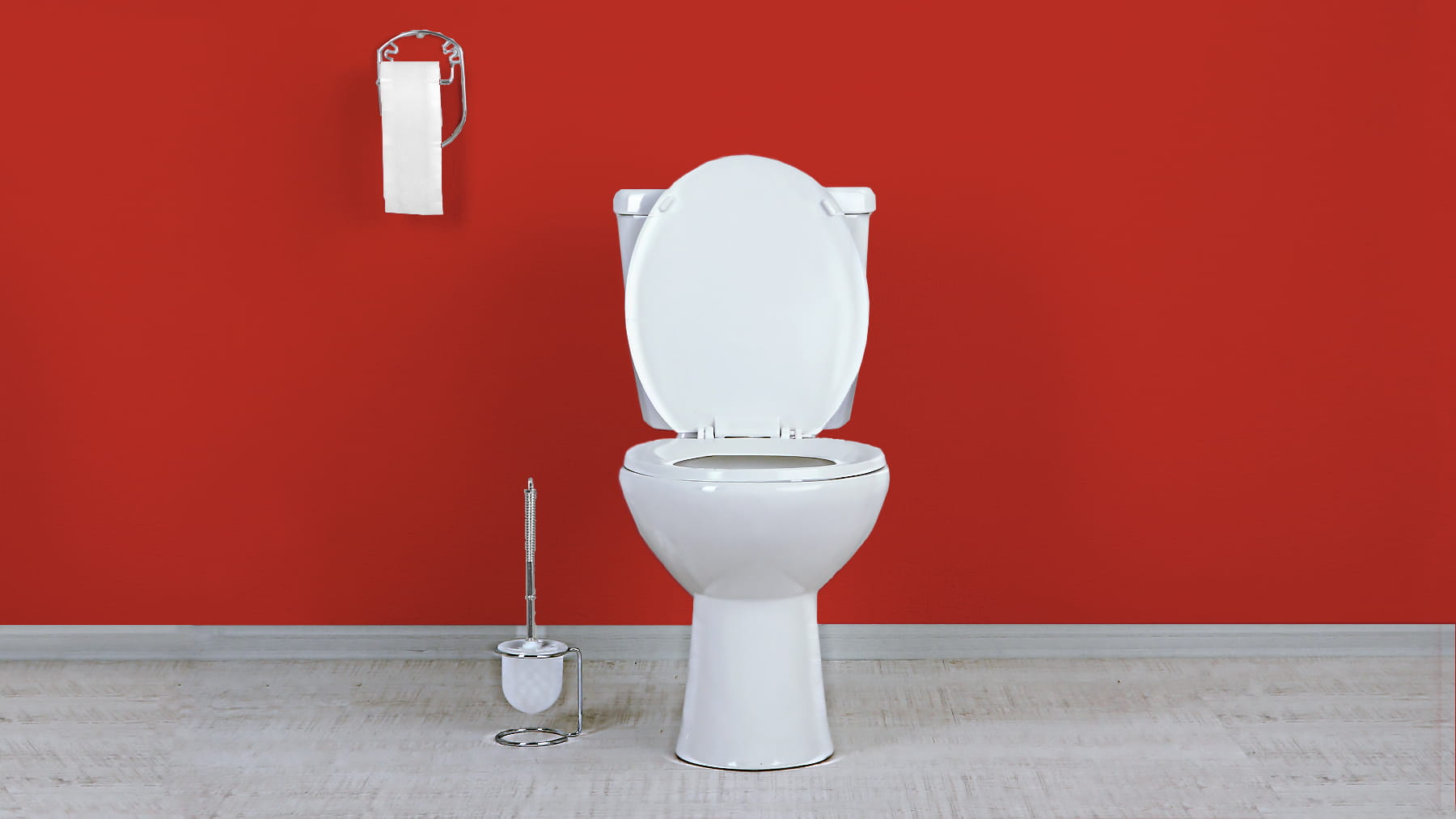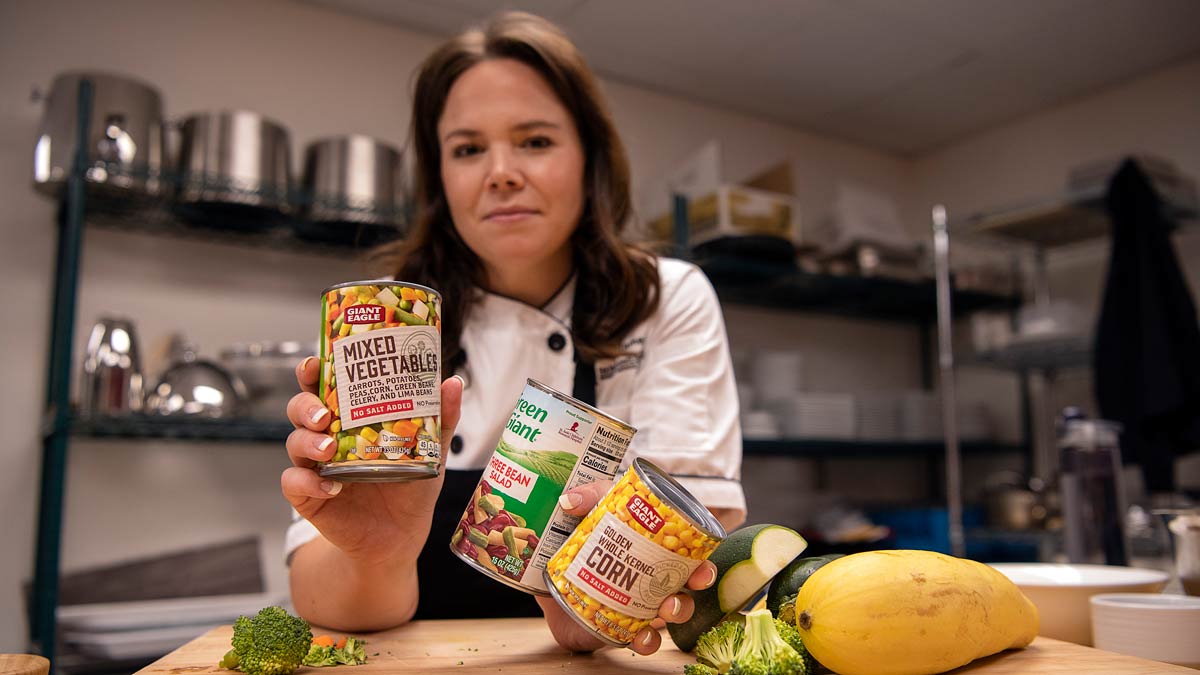What you need to know about Irritable Bowel Syndrome

Some diseases can be harder to talk about than others. When you have Irritable Bowel Syndrome (IBS), it can be downright embarrassing.
Everyone has eaten something that creates chaos in their digestive system, but how can you figure out if you have something more serious than just sensitivity to certain foods?IBS makes you feel like you have no control over your body – or your life.
“A person with IBS experiences abdominal pain that is relieved after a bowel movement or has a change in the frequency or consistency of their stools, and in some cases, experiences excessive gas and bloating,” explains Dr. Roberts, who works in the Division of Gastroenterology, Hepatology and Nutrition.
Do you have IBS?
Dr. Roberts says a diagnosis is made when patients have abdominal pain/discomfort occurring at least three days each month for three months in a row and some symptoms that began at least six months prior.
What are common foods that trigger IBS?
About two-thirds of IBS sufferers report foods triggering their symptoms and while the foods can vary from person to person, Dr. Roberts says there are some foods that tend to create more problems for IBS sufferers:
- Spicy foods (salsa, hot sauce)
- Foods high in fat and/or grease (fried meats, french fries)
- Foods high in fiber (berries, leafy green salads)
- Foods high in sugar (soda, desserts, flavored yogurt)
- Foods with a high concentration of short-chain carbohydrates (lactose, fructose)
What is FODMAP and should you try it?
You might have heard the term FODMAP. FODMAP is an acronym that stands for:- F—fermentable
- O—oligosaccharides (wheat, beans, onion)
- D—disaccharides (lactose)
- M—monosaccharides (fructose)
- A—and
- P—polyols (sugar alcohol—sorbitol and mannitol)
When should you see a doctor?
If your symptoms are impacting your quality of life or you’re having a hard time maintaining your body weight and vitamin/mineral levels, it’s a good idea to visit your doctor, says Dr. Roberts.
Ohio State offers a variety of programs that can help manage your IBS:
- Stress management programs
- Mind and body relaxation techniques
- Individual nutrition plans
- Medication and probiotics
Are probiotics a treatment option for IBS?
Yes – Probiotics which are live, microorganisms that may have positive health benefits in various disease conditions. Dr. Roberts says probiotics are not routinely prescribed in those with IBS, but some patients report improvement.
Note: It is important to consult with your healthcare provider for recommendations on probiotics since these are not regulated by the U.S. Food and Drug Administration.
The success of probiotics is based on the hypothesis that a potential underlying cause of IBS is an imbalance of gut microflora. Following that theory, taking a probiotic with beneficial flora can help restore that balance, according to Dr. Roberts.
"The underlying cause of IBS remains unknown and with continued research, we hope to gain a better understanding of the pathology," says Dr. Roberts.
“The underlying cause of IBS remains unknown and with continued research, we hope to gain a better understanding of the pathology,” adds Dr. Roberts.




